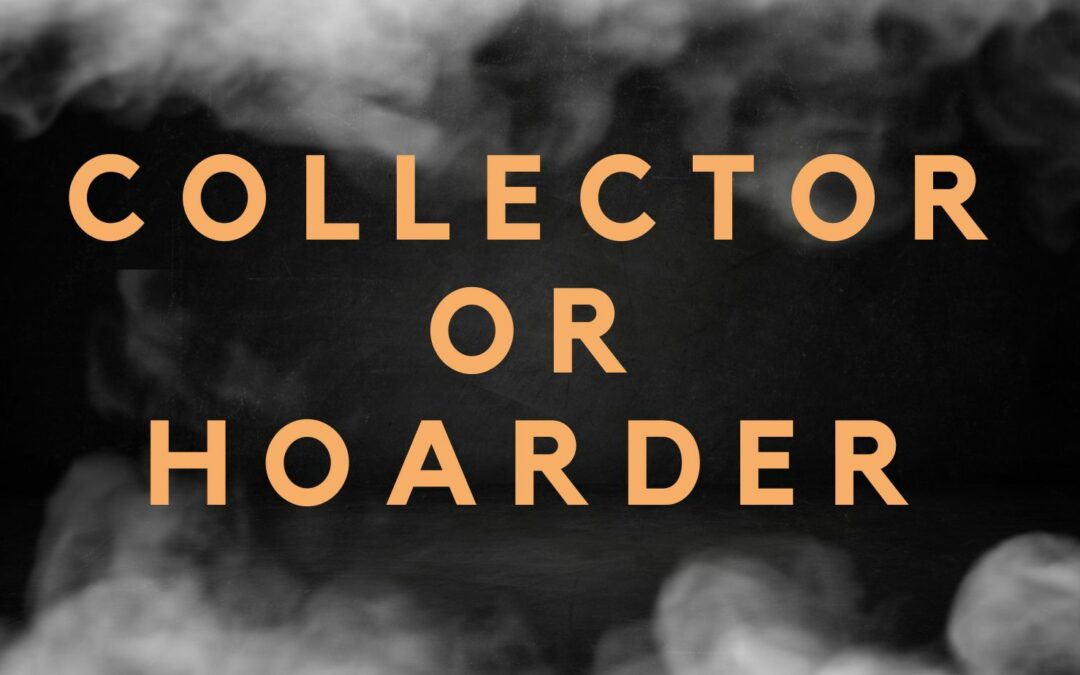Introduction:
In the intricate realm of possessions and acquisitions, the distinctions between hoarding and collecting often blur, revealing profound psychological ties. At Trauma Clean 24 Seven, we delve into the intricate dynamics of these behaviours, particularly when they intertwine with traumatic experiences. Join us as we explore the psychology behind hoarding and collecting, shedding light on their nuances and the critical role hoarding cleanup plays in the process.
Hoarder: The Unintentional Accumulator
Hoarders grapple with compulsive hoarding disorder, a mental health challenge rooted in an overwhelming need to amass possessions. This behaviour often springs from underlying psychological issues, such as anxiety, depression, or a history of trauma. For hoarders, collecting becomes a coping mechanism, a means to fill emotional voids or shield against perceived future scarcity.
Key Features of Hoarding:
- Compulsive Acquisition: The irresistible urge to accumulate possessions, regardless of their utility, becomes a defining trait for hoarders.
- Difficulty Discarding: Emotional attachment to possessions and a fear of losing control often make discarding items a challenging task for hoarders.
- Impaired Functionality: Cluttered living spaces hinder day-to-day activities, posing health and safety risks, and creating an environment that is difficult to manage.
Collector: The Intentional Enthusiast
Collectors, in contrast, actively engage in the intentional pursuit of gathering specific items based on personal interests. Their collections are curated with passion and purpose, often displayed proudly. Unlike hoarders, collecting is a fulfilling hobby that doesn’t interfere with their ability to maintain a functional living environment.
Key Features of Collecting:
- Purposeful Selection: Collectors consciously choose items aligned with their interests, creating a curated collection that holds personal meaning.
- Organised Display: Collections are thoughtfully organised and displayed, often shared with like-minded individuals who appreciate the passion behind the curated items.
- Emotional Fulfilment: Collecting brings joy, satisfaction, and a sense of accomplishment, contributing positively to mental well-being.
The Role of Trauma:
Trauma can significantly influence the behaviours of both hoarders and collectors, shaping their relationships with possessions. At Trauma Clean 24 Seven, we understand the pivotal role trauma plays and approach each case with empathy and expertise, recognising the underlying psychological factors contributing to these behaviours.
Hoarding Cleanup with Trauma Clean 24 Seven: A Path to Recovery
Acknowledging the distinctions between hoarding and collecting is vital for effective intervention, especially when trauma is a contributing factor. Trauma Clean 24 Seven is committed to providing support and expert hoarding cleanup services that extend beyond the physical cleanup, addressing the psychological aspects of these behaviours. Our goal is to guide individuals towards recovery and healthier relationships with their possessions.
Conclusion:
In the delicate balance between hoarding and collecting, Trauma Clean 24 Seven stands as a beacon of understanding and support. By recognising the nuances of these behaviours and incorporating specialised hoarding cleanup services, we aim to guide individuals towards recovery, fostering a renewed and healthier connection with their possessions.
Did you know? We offer a range of other specialist biohazard cleaning services including after death clean up, needle clean up and trauma and crime scene clean up. Contact us on 0203 6408 247 or email us at [email protected] for further information

